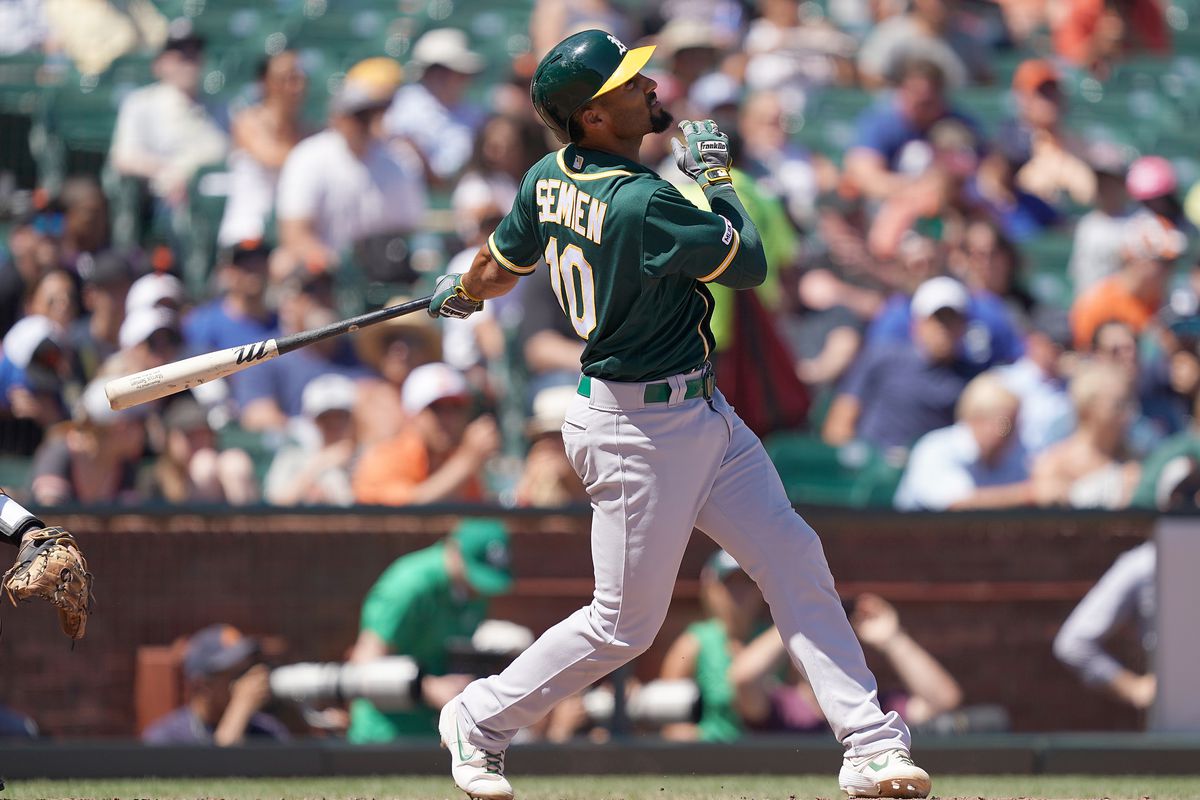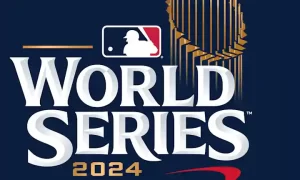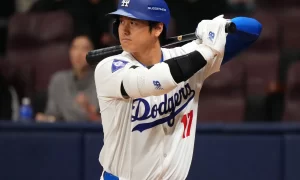Finding the Most Impactful Player

In a couple of weeks, the BBWAA will announce the winners of the major awards for baseball players and managers. This year, avid baseball fans know the AL Rookie of the Year is a foregone conclusion—no one is close to Yordan Alvarez—and the NL Rookie of the Year is very likely going to be Pete Alonso for his record-breaking 53-homer season. The AL Cy Young is a two-man race between Justin Verlander and Gerrit Cole.
But the other awards aren’t so clear. The NL Cy Young was a battle right down to each contending pitcher’s final start. It could be Jacob deGrom. It could be Jack Flaherty. It could be Stephen Strasburg or his teammate, Max Scherzer. The AL Manager of the Year Award may go to the guy who guided his team to the most wins (A.J. Hinch) or the guy whose team had a ridiculous number of injuries but still won 103 games (Aaron Boone) or perhaps one of the guys who piloted a scrappy, low-payroll team to the playoffs (Kevin Cash or Bob Melvin). It’s hard to know what the voters will do.
One thing we do know is that the AL MVP Award will be controversial, as it often has been during Mike Trout’s seven full seasons in the major leagues prior to this year. According to FanGraphs WAR, Mike Trout was the American League’s most valuable player (no capital letters) in five of the last seven seasons. According to the BBWAA, he’s been the AL Most Valuable Player (with capital letters) just twice (2014 and 2016). He’s also finished second four times and fourth one time. We found the league’s Most Valuable Non-Trout earlier in the year.
The three times Trout was the league’s most valuable player (per FanGraphs), but did not win the award, the honor went to a player from a playoff team. This happened in back-to-back years in 2012 and 2013, when Detroit’s Miguel Cabrera topped Trout in the voting both years. Trout also finished second to Josh Donaldson in 2015, despite a 0.6 lead in fWAR. Donaldson, of course, was on the Blue Jays, who made the playoffs, while Trout’s Angels watched from home.
When Trout is the top player in the league based on the metrics but finishes behind a player whose team made the playoffs, a common argument has been: The Angels finished out of the playoffs with Trout, so how can he be the most valuable player in the league?
Speaking of playoffs, the World Series starts today! The Astros have opened as roughly -220 favorites over the Nationals (+190). According to the oddsmakers at MyTopSportsbooks Houston are given a 66.6% chance to win the series and Washington 33.3%. If the odds move before Game 1 on Tuesday, expect the movement to be in Washington’s favor. Advanced metrics like xFIP and wOBA don’t show a large discrepancy between the teams (at least not a 66-to-33 difference), especially when you take out the numbers from the backend of the Nats’ bullpen, which is extremely unlikely to see any action whatsoever.
Back to the Most Valuable Player and what the word, ‘valuable’ really means. Some people claim there’s a difference between “Most Valuable Player” and “Most Outstanding Player” and others saying there really isn’t. Personally, I fall in the “there really isn’t” camp. What you don’t hear said much is the flip side of this issue. What if a team is so good that they would have made the playoffs without their best player? Should that disqualify him from contention for the MVP Award?
The prime example from this season is Cody Bellinger. He was about an 8-win player. The Dodgers won 106 games. They were 21 games ahead of the next-best team in their division and nine games better than the next-best team in the National League. According to the simple math, the Dodgers didn’t need Cody Bellinger. They would have easily finished first in the NL West and earned a playoff spot without him. They may even have achieved the NL’s best record without him. So how valuable can he really be if his team didn’t even need him?
To me, both arguments are silly. The best player in the league deserves the MVP Award. It doesn’t matter how his team did. Whether the team finished 20 games out or 20 games up shouldn’t matter to voters on an individual award.
But for those that do care, let’s apply this concept in both directions.
- If a team is so good they don’t really need that player to make the playoffs, he’s out.
- If the team is so bad they didn’t make the playoffs with that player on it, he’s out.
Maybe we can call this the Most Impactful Player Award, as in, most impactful on the pennant race. How would this work? First, you can eliminate players from all the teams who finished out of the playoffs. This is the anti-Trout argument. These teams didn’t make the playoffs, so how valuable could their most valuable player have really been? Not valuable enough to win our Most Impactful Player Award.
Next, you can eliminate players from the teams who were so good that they didn’t need their best player. Goodbye, Cody Bellinger of the Dodgers (see above). So long, DJ LeMahieu of the Yankees. You finished with 5.4 WAR, but the Yankees won their division by seven games, so you weren’t needed, pal. Bye, bye, bye, Alex Bregman, George Springer, Justin Verlander, and Gerrit Cole. The Astros could have lost any one of you and still finished ahead of the A’s.
The Twins are an interesting case. They won the AL Central by eight games over the Indians, but were just five wins ahead of the Rays, who won the second wild card spot. If the Twins had a 5 or 6 WAR player, perhaps that guy would be a contender for the Most Impactful Player Award. Alas, the Twins did not have such a player. Max Kepler (4.4 WAR), Jose Berrios (4.4 WAR), Nelson Cruz (4.3 WAR), and Jake Odorizzi (4.3 WAR) came close, but none of them were enough to single-handedly get the Twins into the playoffs, so they’re all out.
The Braves are in a similar spot. They were four games ahead of the Nationals (top wild card spot), but eight games ahead of the Brewers (second wild card spot). The best player on the Braves was Ronald Acuña, Jr., worth 5.6 WAR. Without Acuña, the Braves wouldn’t have won the NL East, but would still have made the playoffs as a wild card team, so Acuña is out.
The Cardinals won the NL Central by two games over the Brewers, who earned the second wild card. The Cardinals also finished five games ahead of the Mets, so their cushion was five games. It just so happens that the Cardinals did not have any 5 WAR players, so they didn’t have anyone who was the difference between making the playoffs or watching from home.
In the American League, that leaves us with players from the Rays and A’s. In the NL, we can choose from the Nationals and Brewers. We’ll start with the American League.
The Oakland A’s won 97 games and earned the first wild card spot in the AL. The Tampa Bay Rays won 96 games and earned the second spot. Cleveland won 93 games and didn’t make the playoffs. This means we’re looking for players on the A’s who were worth 5 or more WAR and players on the Rays who were worth 4 or more WAR.
The AL contenders:
7.6 WAR—SS Marcus Semien, A’s
6.1 WAR—3B Matt Chapman, A’s
6.1 WAR—SP Charlie Morton, Rays
4.0 WAR—OF Tommy Pham, Rays
Without Semien or Chapman, the A’s don’t make the playoffs. Without Morton or Pham, the Rays don’t make the playoffs. Marcus Semien is the best of the bench. Therefore, he is the AL Most Impactful Player.
Using the same methodology for the National League, we have these NL contenders. The Brewers were the second wild card team, with 89 wins. The Mets had 86 wins. Therefore, any Brewer worth 3 or more WAR is a contender. This gives us Christian Yelich, Yasmani Grandal, and Brandon Woodruff. The Nationals were the first wild card team in the NL and finished seven games ahead of the Mets. Anthony Rendon was worth exactly seven wins above replacement, so he’s their Most Impactful Player candidate.
The NL contenders:
7.8 WAR—OF Christian Yelich, Brewers
7.0 WAR—3B Anthony Rendon, Nationals
5.2 WAR—C Yasmani Grandal, Brewers
3.3 WAR—SP Brandon Woodruff, Brewers
There he is, the NL Most Impactful Player, Christian Yelich!
Congrats to Marcus Semien and Christian Yelich for winning this fictional award.
-Bobby Mueller
















